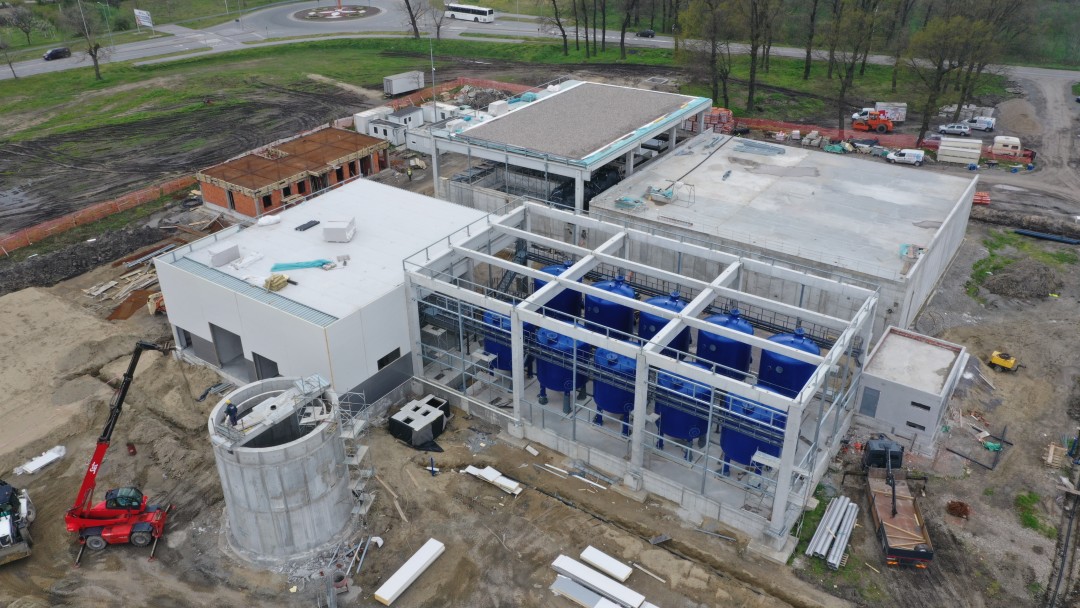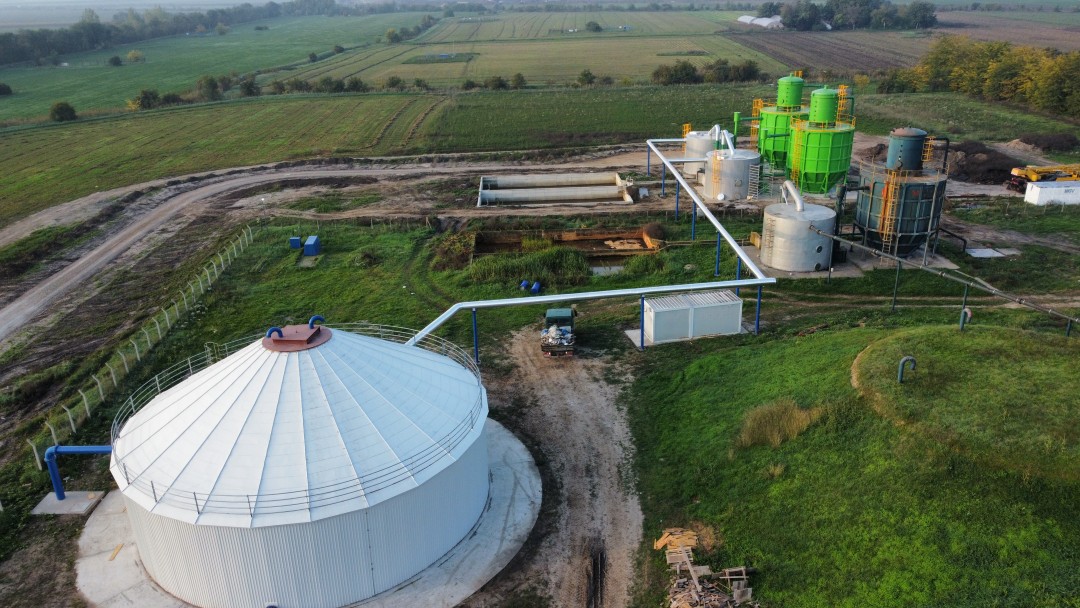
In northern Serbia, ground water is naturally polluted by arsenic, boron and heavy metals due to geological conditions. For years, there have been futile attempts to clean up the groundwater. A project that KfW is financing on behalf of the German Federal Government has now found a technical process that ensures clean water. In four medium-sized cities in Serbia, German funds are being used to improve the water supply.
The water from the tap in Kikinda always smelled putrid. Those who could afford it bought bottled drinking water. In the Vojvodina region in northern Serbia, groundwater is naturally contaminated with arsenic, boron and other substances. This geological phenomenon affects the entire Pannonian Plain, which include parts of Hungary and Romania in addition to northern Serbia. However, the details of the contamination vary from location to location, which made it particularly difficult to find a solution.
On behalf of the Federal Ministry for Economic Cooperation and Development (BMZ), KfW has financed a water treatment facility in the particularly affected town of Kikinda. The facility removes the pollutants from the water through a combination of technical, chemical and biological processes, such as the use of bacteria. The previously existing well fields will continue to be used and some of the old pumps will be refurbished. Behind the treatment plant, the purified water flows into a collection basin, which also serves as a buffer storage system. The approximately 67,000 inhabitants of the city of Kikinda can now drink clean water directly from the tap.
“The project has a wide reach because many other municipalities in the region are struggling with the same problem,” explained KfW portfolio manager Stefanie Rauprich. “They can now learn from Kikinda and apply a similar technology.”
The KfW project also finances a clean drinking water supply in three other medium-sized cities in the region. In Vrbas, an existing treatment plant was modernised, and outdated pumps were replaced with new ones. In Paraćin and Knjaževac, the pipeline network was rehabilitated to reduce water losses. The modernisations help to save energy and water. For example, non-revenue water was cut by 8% in Kikinda and by 17% in Knjaževac.

In this way, the project contributes to compliance with EU standards in the area of the environment, a prerequisite for Serbia’s accession. The water quality, especially in Kikinda, now meets the legal requirements as well as EU and WHO standards.
The project was supported with a total of EUR 21 million, of which around one third was invested in Kikinda. Serbia and the city of Kikinda contributed their own funds. The population in the four selected cities is now reliably supplied with clean, safe water.
Share page
To share the content of this page with your network, click on one of the icons below.
Note on data protection: When you share content, your personal data is transferred to the selected network.
Data protection
Alternatively, you can also copy the short link: https://www.kfw-entwicklungsbank.de/s/enzBvsbT
Copy link Link copied